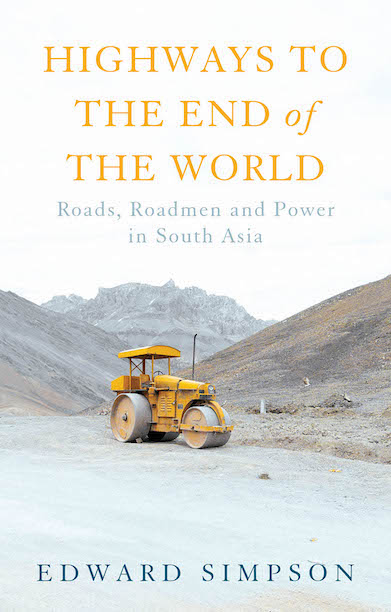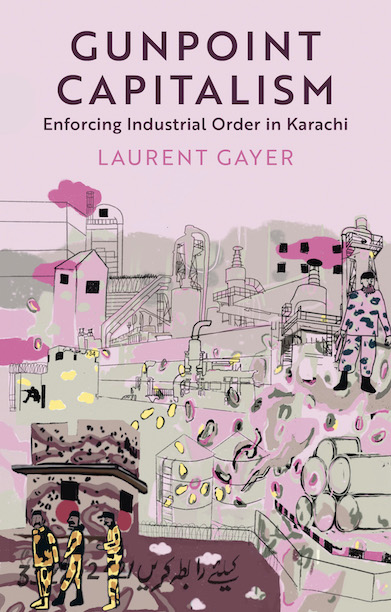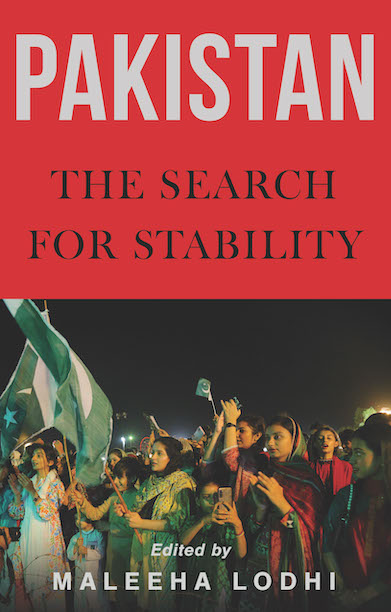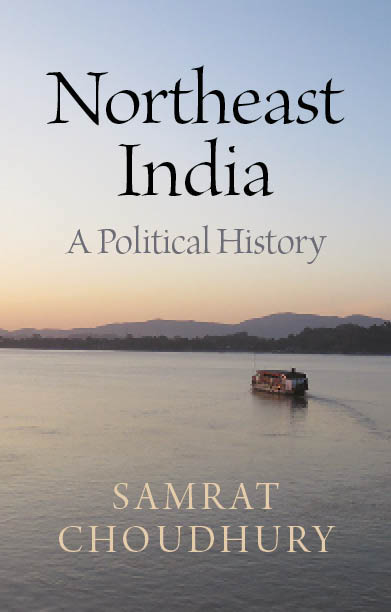Highways to the End of the World
Roads, Roadmen and Power in South Asia
A highly original mix of polemic and ethnographic scholarship, exploring how South Asia’s culture of road-building reflects the world’s dangerous obsession with progress and growth.
Description
This book argues that road-building was naturalised in the twentieth century to the point of common sense, integrating roadbuilding into a system of climate change denial hidden within a broad international development imperative. But if we can ‘read’ South Asian roads as forms of governance and knowledge, we can challenge the region’s established geopolitical narratives, and the idea of a never-ending future.
Highways to the End of the World explores the political economy of these ideas by focusing on the history of this phenomenon, and on the road-builders of South Asia themselves. How do these flamboyant and controversial ‘roadmen’ think about their work and the future of the planet? What do roads do, and why? And how did they become central to the region’s nationalist and developmental projects in the first place?
Simpson’s fascinating ethnographic account takes us from fume-filled toll booths in the heart of India, via overworked government offices in Pakistan, to pharaonic bridges in the Indian Ocean. Simpson follows the money, explores the politics of evidence, and argues against the utopian hyperbole of present-day ‘road talk’, finding both humanitarian crises and freewheeling international capital in the hedgerows. Roads have never been so interesting, or so controversial.
Reviews
‘The book’s on-the-ground reporting from out-of-the-way places across India and Pakistan is outstanding.’ — International Affairs
‘Arresting … Highways to the End of the World provides a panoramic but contentious view on road building. An important anthropological study.’ — Hindustan Times
‘In this wonderfully original book, Simpson literally takes us on the road. What we get is an illuminating study of mobile as well as stationary lives, shaped by infrastructure into new social patterns, no longer tied to traditional locales like towns or villages. An innovative exploration.’ — Faisal Devji, Professor of Indian History, University of Oxford
‘A must-read account of the roads and roadmen of South Asia, staging a profound encounter between the desire for development and the accumulated risks of climate change in the twenty-first century.’ — Awadhendra Sharan, Director, Centre for the Study of Developing Societies
‘A brilliant example of how to combine the politics and poetics of infrastructure. Simpson’s detailed historical and ethnographic analysis of roads as politically challenging commodities confronts the uncomfortable complicities of roads in the devastating consequences of climate change.’ — Penelope Harvey, Professor of Social Anthropology, University of Manchester
‘In this important anthropological study, Simpson examines how roads and road-building have formed a key role in the cultural and political life and development imperatives of India and Pakistan. A fantastic book!’ — Peter Merriman, Professor of Geography, Aberystwyth University, and author of Driving Spaces
Author(s)
Edward Simpson is Professor of Social Anthropology at SOAS University of London, and Director of the SOAS South Asia Institute. He is the author of The Political Biography of an Earthquake: Aftermath and Amnesia in Gujarat, India (also published by Hurst); and Muslim Society and the Western Indian Ocean.






